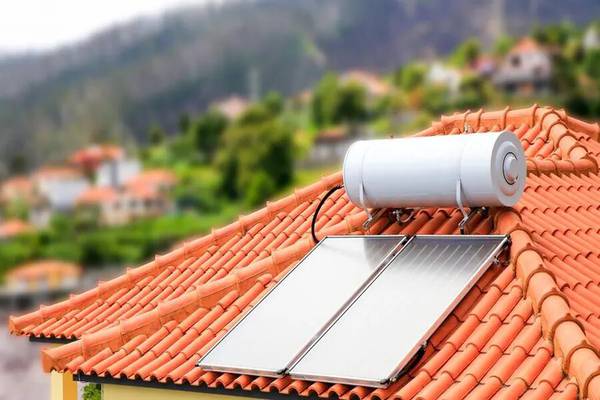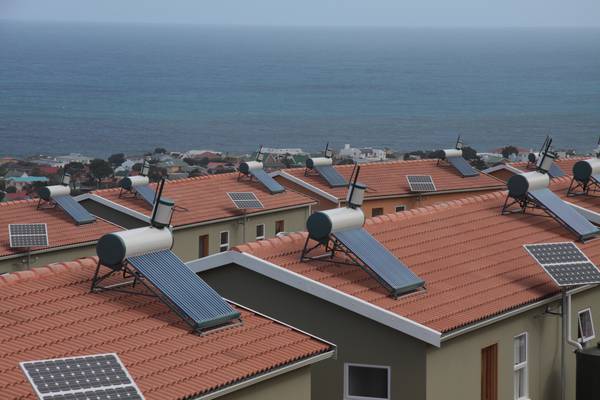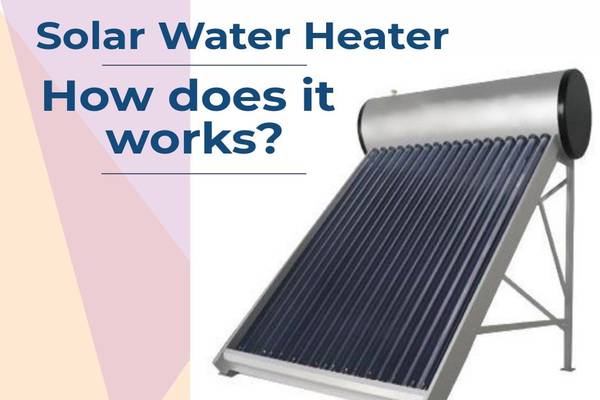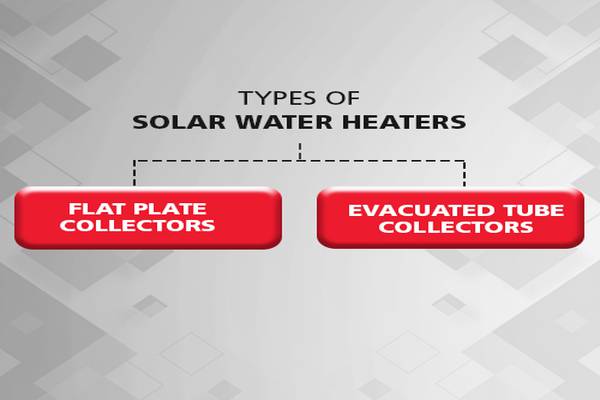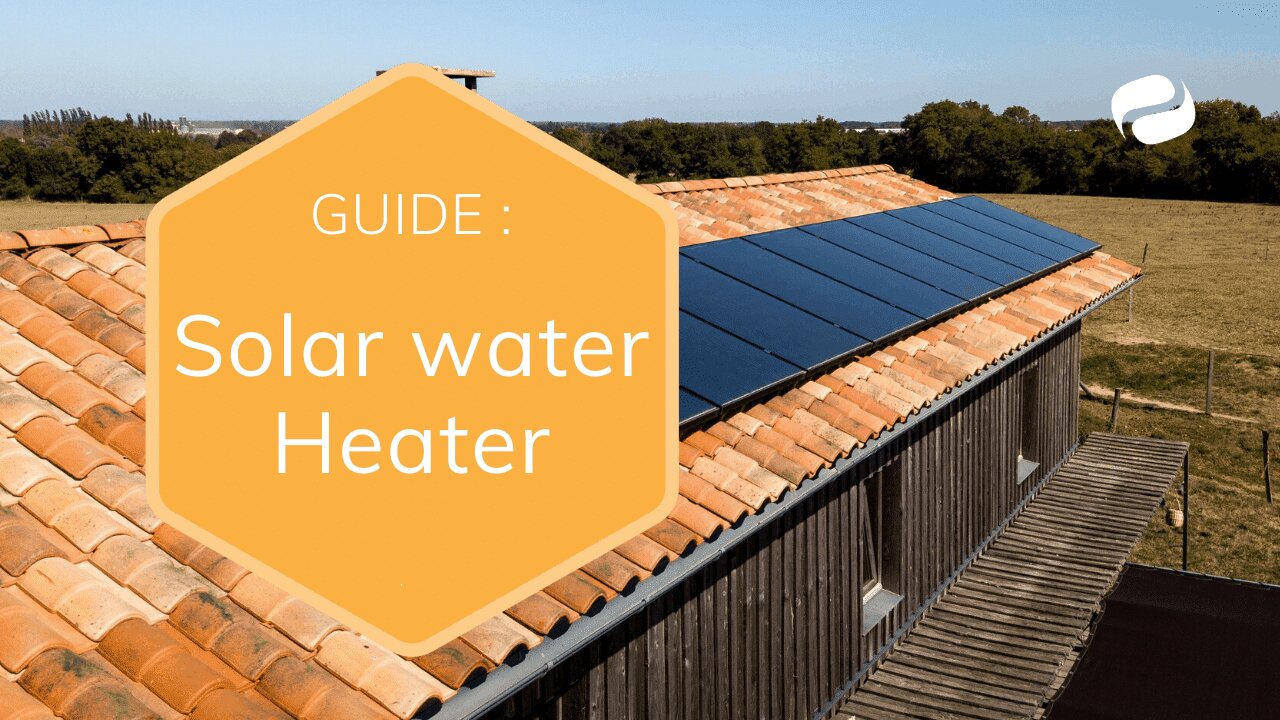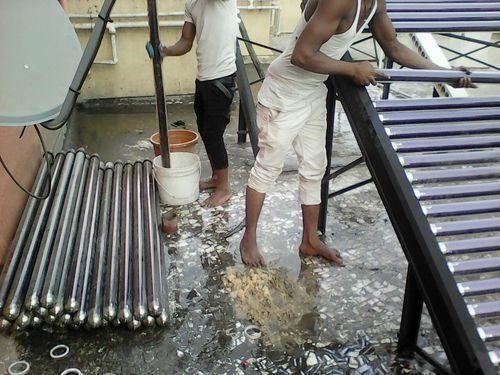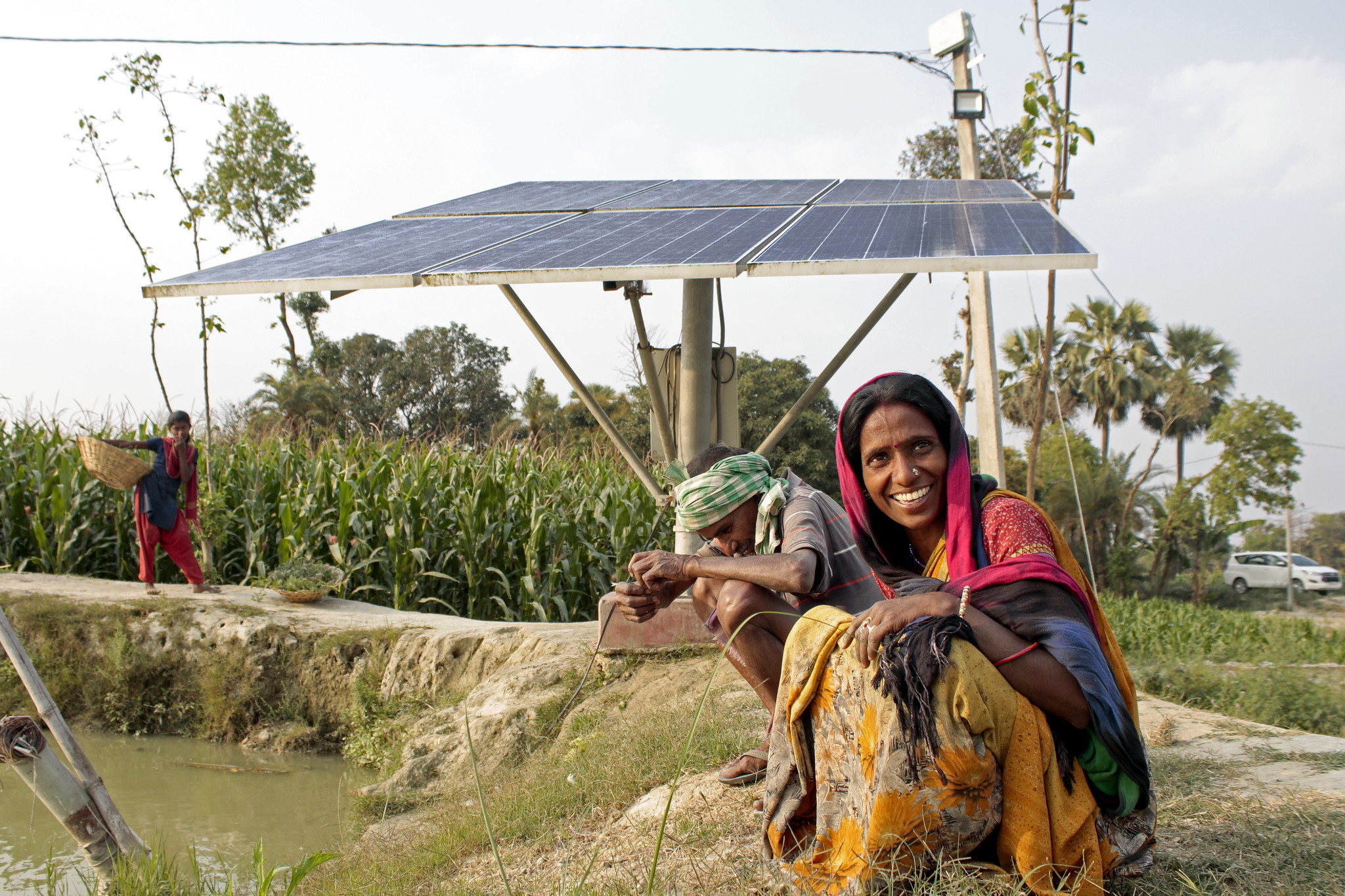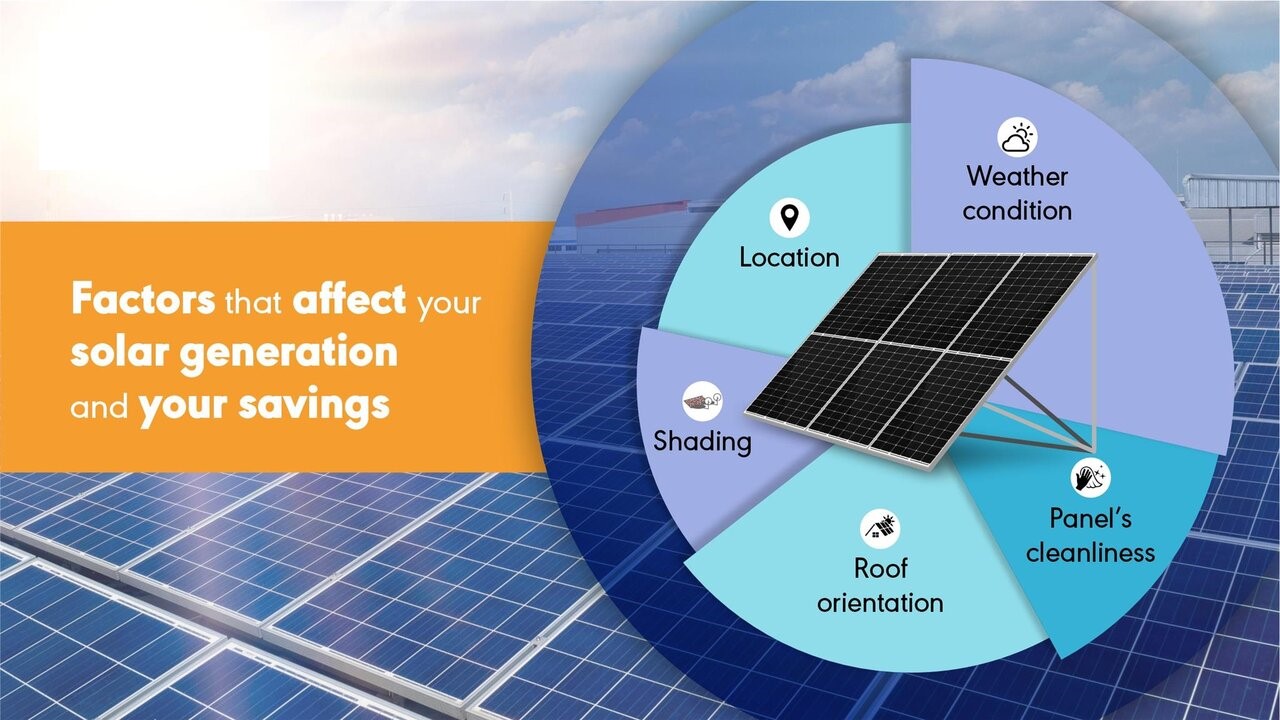Solar Water Heater For Agriculture Purpose
Drafted by: vijaychourey26@gmail.com
As concerns about energy conservation and environmental sustainability grow, the adoption of solar water heaters is becoming increasingly popular. A solar water heater is a simple yet innovative technology that utilizes sunlight to heat water for various domestic and commercial applications. In this article, we will explore the functionality, benefits, and considerations of solar water heaters, shedding light on how this technology is paving the way for a more sustainable future. Solar water heaters are ingenious devices that harness the sun's energy to provide an eco-friendly and cost-effective solution for heating water. Unlike conventional water heaters that rely on electricity or gas, solar water heaters operate by capturing sunlight through solar panels, converting it into heat energy, and then transferring that energy to water stored in a tank.
Understanding Solar Water Heaters
Solar water heaters are devices that utilize solar energy to heat water for various applications, including agricultural needs. They consist of solar collectors, which absorb sunlight and convert it into heat, and a system to transfer and store the heated water.
Solar Water Heaters In Agriculture: How Do They Work?
In the context of agriculture, solar water heaters can provide heated water for multiple purposes, such as irrigation, livestock care, and greenhouse temperature regulation. The heated water can enhance plant growth, improve animal health, and optimize overall farm productivity.
Types Of Solar Heaters
Passive Solar Water Heaters
Passive solar water heaters are simple and cost-effective systems that utilize the sun's energy to heat water. These systems work by directly absorbing solar radiation and transferring it to water stored in a tank. They are ideal for regions with ample sunlight and are commonly used in residential settings.
Active Solar Water Heaters
Active solar water heaters involve more complex mechanisms, utilizing pumps or fans to circulate water or heat-absorbing fluids through collectors and storage tanks. These systems are highly efficient and suitable for both residential and commercial applications.
Solar Air Heaters
Solar air heaters are designed to heat air for indoor spaces or industrial processes. They work by drawing in air through solar collectors, where it is heated before being circulated into the desired area. These heaters are valuable for reducing energy consumption in heating systems.
Integral Collector Storage Systems (ICS)
ICS systems, also known as batch collectors, are simple solar water heaters with an integrated storage tank. They are particularly effective in warm climates and are less prone to freezing. These systems are cost-efficient and suitable for residential use.
Thermosiphon Systems
Thermosiphon systems rely on the natural convection of heated water. Cold water is denser and sinks, while hot water rises, creating a continuous circulation loop. These systems are reliable and often used for domestic hot water heating.
Batch Solar Heaters
Batch solar heaters consist of one or more tanks exposed to sunlight. Water is heated directly in these tanks, and they are a practical option for small-scale water heating needs, such as in cabins or remote locations.
Evacuated Tube Solar Heaters
Evacuated tube heaters are more efficient in colder climates. They consist of rows of glass tubes containing absorber plates that collect solar energy. These systems can reach higher temperatures and are suitable for space heating and hot water.
Flat-Plate Solar Heaters
Flat-plate solar heaters are among the most common types. They consist of dark-colored metal plates that absorb sunlight and transfer the heat to a fluid running through tubes. These heaters are used for residential water heating and space heating.
Direct Solar Heaters
Direct solar heaters heat water or air directly using the sun's energy. Water or air circulates through the collector and is heated before being used. These systems are simple and efficient for specific heating needs.
Indirect Solar Heaters
Indirect solar heaters use a heat transfer fluid, such as antifreeze, to transfer heat from the collector to the storage tank. This prevents freezing and allows for more control over the heating process.
Drainback Solar Heaters
Drainback systems use a pump to circulate water through the collector. When the pump is turned off, the water drains back to a reservoir, preventing freezing and overheating issues.
Solar Pool Heaters
Solar pool heaters are designed to extend the swimming season by using solar collectors to warm the water in swimming pools. They are cost-effective and environmentally friendly alternatives to gas or electric pool heaters
Advantages Of Solar Water Heaters In Agriculture
Energy and Cost Savings: By harnessing the power of the sun, farmers can significantly reduce their reliance on conventional energy sources, leading to substantial cost savings in the long run.
Sustainability: Solar water heaters are a clean energy solution, contributing to reduced carbon emissions and a greener agricultural sector.
Increased Efficiency: Solar-heated water can be used directly, eliminating the need for energy-intensive heating processes.
Low Maintenance: These systems are generally low-maintenance, resulting in reduced downtime and operational hassles.
Key Considerations Before Implementing Solar Water Heaters
Sunlight Availability: The effectiveness of solar water heaters relies on consistent sunlight exposure.
Water Demand: Farmers must assess their water requirements to determine the appropriate system size.
Initial Investment: While there is a cost involved in setting up the system, the long-term benefits often outweigh the initial expenses.
System Placement: Placing collectors in optimal positions ensures maximum sunlight absorption.
Installation And Maintenance Guidelines
Installing a solar water heater requires careful planning and positioning for maximum sun exposure. While maintenance is minimal, periodic checks are necessary to ensure the system's efficiency and longevity. Professional installation is recommended to guarantee proper setup and functioning. Proper installation is crucial for optimal system performance. Regular maintenance includes cleaning the collectors, checking for leaks, and ensuring proper insulation.
Real-World Examples: Successful Implementations
India's Solar-Powered Irrigation: Indian farmers have adopted solar water heaters for irrigation, leading to increased crop yields and reduced energy bills.
Australian Greenhouses: Solar water heaters are used to maintain stable temperatures in greenhouses, extending growing seasons and improving yield quality.
Some Other Factors
Cost Analysis and Return on Investment
Although there's an upfront cost, solar water heaters can provide a solid return on investment through energy savings and increased productivity.
Environmental Impact and Sustainability
Implementing solar water heaters aligns with global sustainability goals by reducing greenhouse gas emissions and promoting renewable energy usage.
Challenges and Mitigations
Challenges include initial costs, system maintenance, and the variability of sunlight. These can be managed through government incentives, proper planning, and efficient maintenance schedules.
The Future of Solar Water Heaters in Agriculture
As technology advances and awareness grows, solar water heaters are poised to become a standard feature on farms, contributing to a more sustainable and productive agricultural sector.
